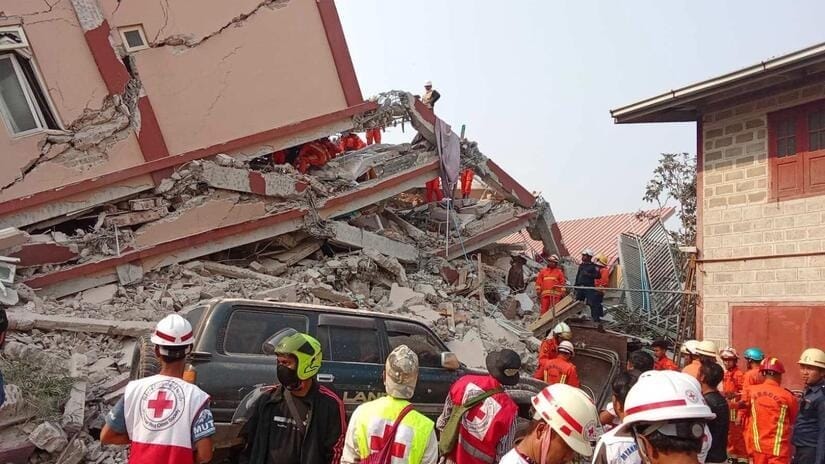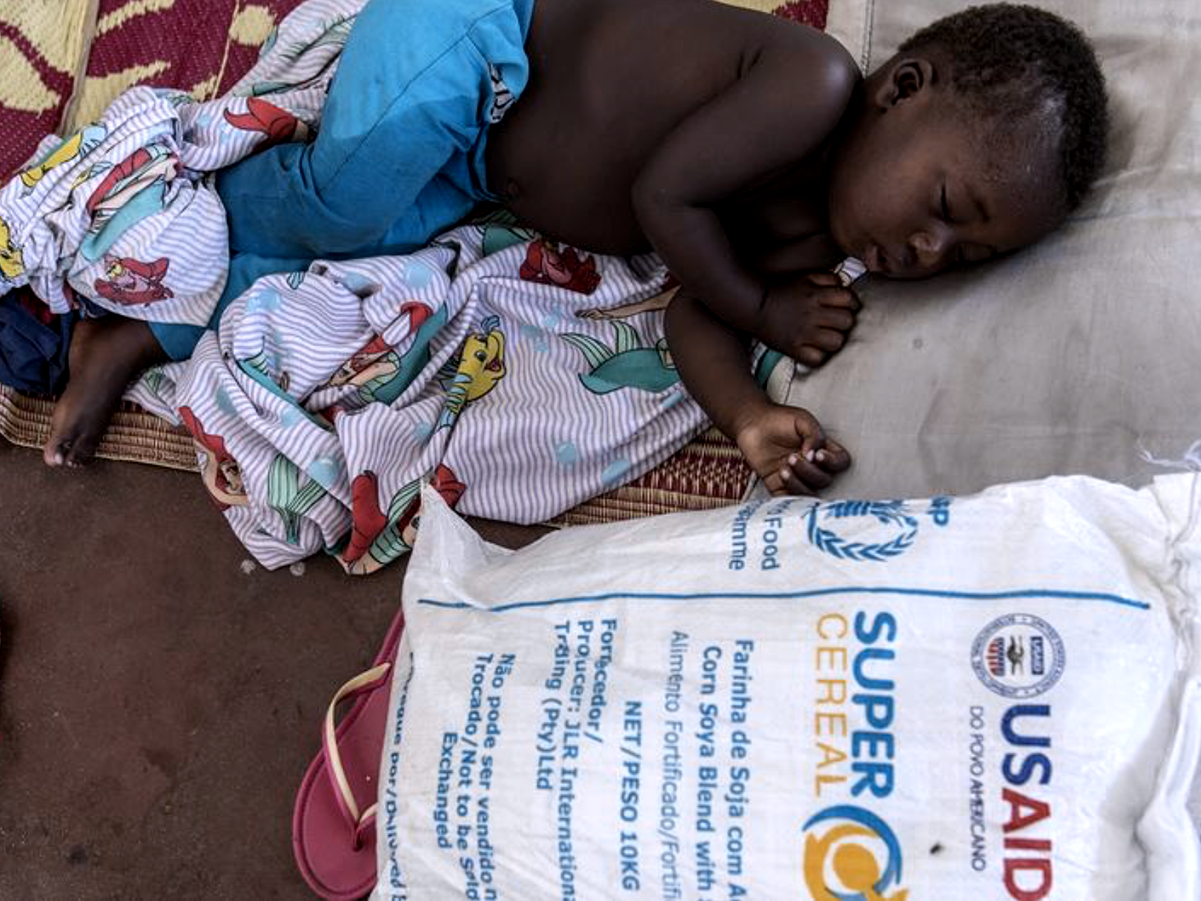GENEVA (AN) — The United Nations launched a campaign to raise more than $5 billion in aid for the tens of millions of Afghans living in or fleeing their nation since the Taliban seized power in August of last year.
U.N. humanitarian chief Martin Griffiths called it "the largest ever appeal" by the world body with the goal of helping more than 22 million people in Afghanistan and 5.7 million Afghan refugees who fled to five neighboring countries.









